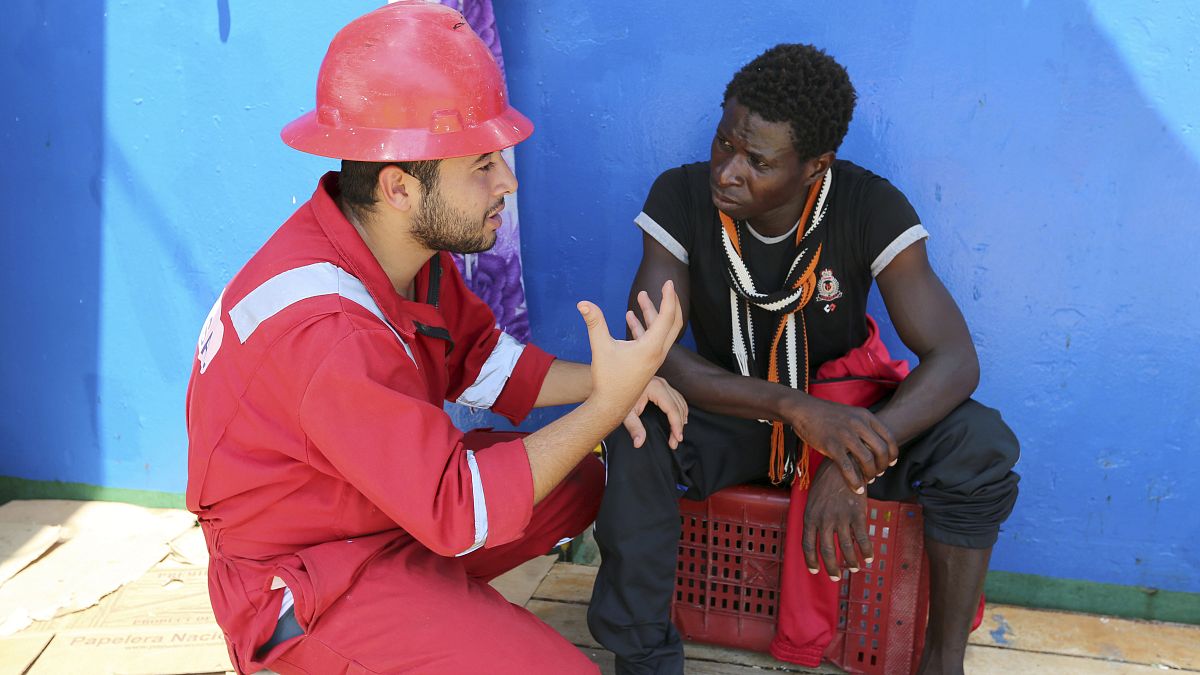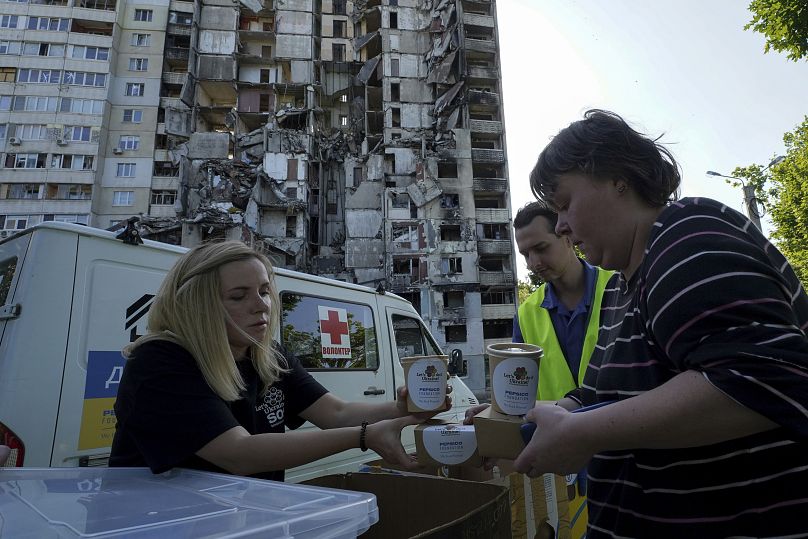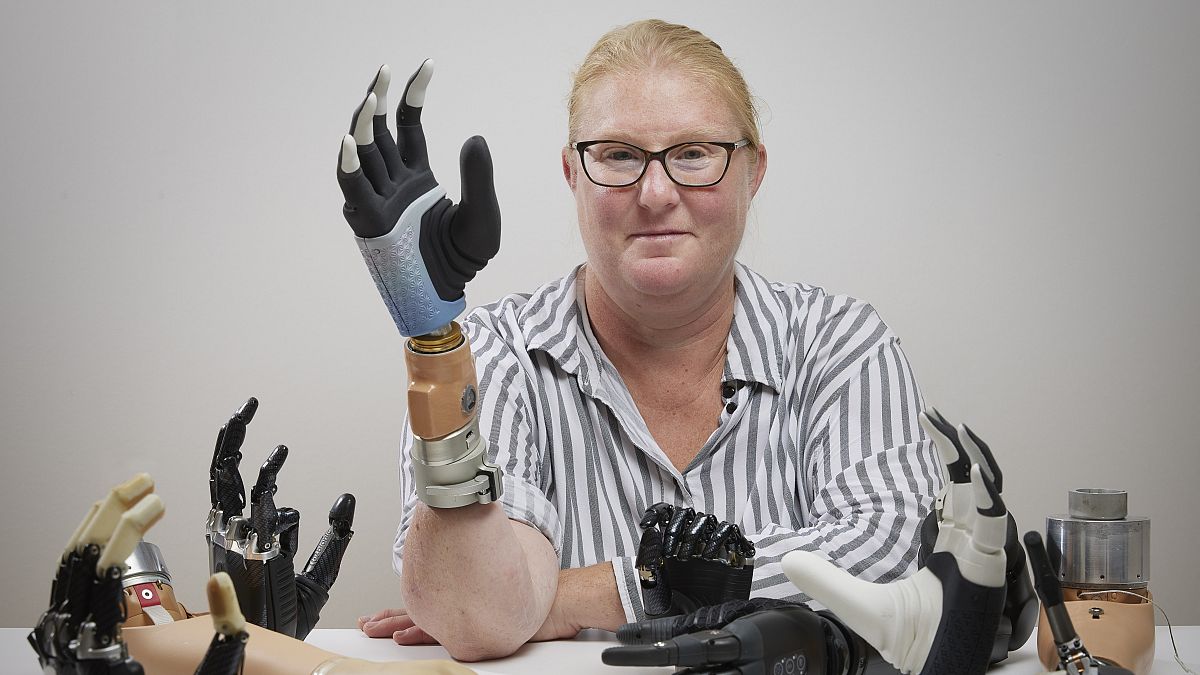Hidden Burdens: The Silent Mental Health Challenges of Aid Workers

Unspoken Struggles: The Mental Health Crisis Facing Humanitarian Workers
In recent years, the psychological wellbeing of aid personnel has gained widespread attention. Despite growing awareness, the voices that speak up on the ground are rare and often left unheard.
Key Factors Behind the Silence
- Stigma: Many workers fear that admitting mental strain could jeopardise their careers.
- Limited Resources: Access to professional counselling is scarce in disaster zones.
- High‑Risk Environments: Constant exposure to traumatic scenes leaves few opportunities for self‑care.
Challenges in Conflict and Crisis Zones
Field workers may have to confront:
- Sudden attacks or sieges.
- Mass displacement and overcrowded shelters.
- Unpredictable resource shortages.
These situations intensify stress, anxiety, and depressive symptoms, yet local support infrastructures are often lagging.
Looking Forward: Toward a New Support Framework
To remedy this hidden plight, organisations are starting to roll out:
It’s time for the international community to recognize and address the silent burdens of those who bring aid to the world’s most vulnerable.
Humanitarian Work in the Shadow of Rising Danger
In a global situation where over 300 million people worldwide face forced displacement or natural catastrophes, the need for humanitarian aid is clearer than ever.
Yet the safety of aid workers has deteriorated sharply. In 2023, an unprecedented 595 workers were killed, wounded, or taken hostage, marking one of the most grim seasons for the sector.
Voicing the Crisis
Belgian staffer Olivier Vandecasteele, who survived a 456‑day captivity in Iran, highlighted how “the erosion of respect for international humanitarian law” directly hampers the motivation of field teams.
Protect Humanitarians: A Global Shield
Vandecasteele founded Protect Humanitarians, a worldwide coalition dedicated to safeguarding those on the front lines. Through cooperation with the Belgian King Baudouin Foundation, the organization also provides emergency financial aid to workers caught in peril.
Prioritising Mental Wellness
- Creating secure spaces for organisations to exchange mental‑health strategies.
- Addressing frequently overlooked psychological well‑being in crisis zones.
Psychologist and trauma expert Cyril Cosar lists vital mental health threats confronting aid people, including:
- Burnout due to relentless exposure
- Post‑traumatic stress from violent incidents
- Persistent safety anxiety in hostile environments
- Relief concerns over family members left behind
Further Reading
Explore new strategies to enhance mental health in conflict‑ridden regions.
Culture of sacrifice
Understanding the Emotional Weight of Humanitarian Work
Former aid worker Steve Dennis paints a vivid picture of the psychological challenges that accompany the field:
Compassion as a Double-Edged Sword
- Leaving a secure environment for a fraught one demands a profound sense of solidarity.
- In times of constant exposure to distress, empathy can turn into an exhausting burden.
- Such sustained emotional involvement may lead to fatigue and a form of secondary trauma.
The Difficult Balancing Act
After years on the front lines, Dennis now heads Proper Support Recovery Consulting, where his core mission is to help aid professionals heal from traumatic impacts. He cautions against treating emotions as data points:
- Recognizing one’s own needs is often harder than acknowledging those of others.
- “Every person who’s worked with me has told me that their own suffering is never as severe as the ones they’re helping,” Dennis recalls.
A Culture that Demands Selflessness
In many humanitarian circles, the prevailing ethos is a “culture of sacrifice.” Workers feel compelled to offer everything, regardless of personal well-being. This creates a stark contrast between visible victimhood and the hidden toll on the helpers:
- While recipients of aid are clearly identified, the exhaustion and strain on the workers remain invisible.
- There is often little way to gauge how effectively these professionals are coping.
Voices of the Field
Mila Leonova, Director of the Alliance of Ukrainian Civil Society Organizations, notes:
“Working within the humanitarian sector, you’re never allowed to be seen as a victim. Strength is an expectation.”
Burnout Amidst Ongoing Conflict
Many civil society groups were drawn into humanitarian roles following the full-scale invasion of Ukraine by Russia. With limited preparation, they’ve now reached their limits:
- Nearly three years into the crisis, burnout is widespread.
- In the prevailing cultural climate, admitting to vulnerability is often perceived as shame.
Moving Forward
The narrative emphasizes the critical need to support these workers—who bear invisible wounds—through proper recovery mechanisms and cultural acknowledgment of their own humanity.

Kharkiv Community Reaches Out for Food Relief
In a heart‑warming display of solidarity, local McDonald volunteers are providing free meals to residents living in a building that suffered extensive damage from a Russian rocket strike. The distribution takes place just outside the ruined apartment complex, offering a temporary sanctuary of nourishment amid the crisis.
Key Facts About the Relief Effort
- Date: June 2, 2023
- Location: Kharkiv, Ukraine
- Trigger: Russian artillery bombardment damaging a residential structure
- Beneficiaries: Residents of the affected apartment building
- Organizers: Volunteers from a local humanitarian group
What This Means for Residents
The meal service offers more than sustenance; it symbolizes hope and resilience in the face of ongoing conflict. By delivering food directly to the nearest community, the volunteers help mitigate the immediate hardships faced by families dealing with displacement, injury, and loss of home.
Looking Ahead
While the provision of meals alleviates an urgent need, the broader picture remains complex. Infrastructure rebuild efforts, recovery of displaced families, and international support will determine the long‑term trajectory of Kharkiv’s recovery.
Photo credit: Andrii Marienko / Copyright 2023 The Associated Press. All rights reserved.
Prevention and funding
Mental Health Support for Aid Workers: A Pressing, Yet Overlooked Issue
While frontline professionals such as doctors, police officers and soldiers undergo extensive preparation for traumatic encounters, humanitarian workers often receive minimal training. The reality is that they can find themselves in hostile situations without the robust psychological safeguards traditionally afforded to other high‑risk roles.
Training Disparities
- Standard Warm‑up: A brief four‑day hostile‑environment briefing is considered “gold standard” before deployment to dangerous regions like Somalia.
- Contrast: Many other high‑risk professions spend months or even years mastering similar scenarios.
- Result: Aid workers are less equipped to handle the abrupt onset of traumatic stress.
Insurance and Coverage Challenges
- War‑zone policies often exclude coverage for mental health complications.
- Claims for mental health injuries get denied if the condition is not identified immediately.
- Consequence: Workers face financial barriers when seeking psychological care.
Proposed Funding Solutions
- Leona Vandecasteele pushes for a dedicated portion of humanitarian donations to be earmarked for staff mental health.
- Brussels is viewed as an optimal site for this discussion, thanks to its proximity to the European Commission and diverse donor base.
- Leonova underscores that the EU, which already disbursed over €2.4 billion in aid in 2023, could play a pivotal role in sustaining workforce well‑being.
As Dennis compares the well‑maintenance of vehicles to team health, “a properly cared‑for car runs longer and performs better. The same principle applies to human resources. Investing in the mental wellness of aid workers is essential for lasting impact and operational effectiveness.”





